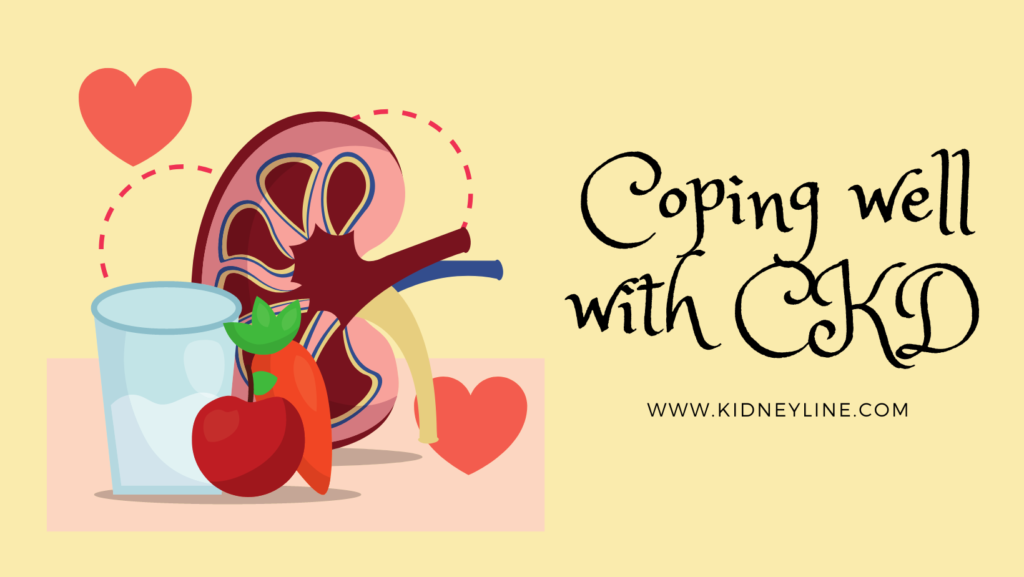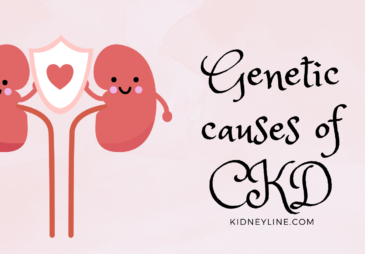Even though a cardiologist is a doctor who treats heart problems, you might be sent to one even if you have kidney disease. That’s because heart disease and kidney disease are closely connected. In fact, people with kidney disease have a much higher risk of developing heart disease. Heart problems are one of the main causes of serious health issues in people with kidney disease.
Often, both heart and kidney disease are caused by the same underlying conditions such as high blood pressure (hypertension) and diabetes. These health problems can damage both the heart and the kidneys over time.
It’s also important to know that heart disease can actually lead to kidney disease. Your heart pumps blood to the kidneys, giving them the oxygen and nutrients they need to work properly. But if the heart isn’t pumping well, like in heart failure, the kidneys don’t get enough of what they need, and this can cause them to fail too.
Because of this strong connection, your doctor will usually check for heart problems if you have kidney disease. If there are any concerns, your kidney doctor (called a nephrologist) may refer you to a cardiologist. Also, if you’re being considered for a kidney transplant, a cardiologist may need to examine your heart before you’re added to the transplant list.
What can you do as a kidney disease patient to lower your risk of heart disease?

Stop smoking: If you smoke, it is best to quit smoking. This will protect your heart and kidneys from further injury.
Limit salt intake: Avoid adding salt to your meals and reduce your intake of salty snacks. Salt can increase your blood pressure. Elevated blood pressure can affect the kidney and heart
Start exercising: Exercise not only helps you to lose weight which is good for your heart and kidneys, but it also improves your muscle strength and overall well-being.
Treat underlying diseases: Every condition that can affect the heart and kidneys such as hypertension, diabetes, lupus, infections e.t.c should be properly treated. So, make sure you keep up with your doctor’s appointments and treatments.
Regular check up: This helps you keep an eye on your overall being so your doctor can detect and treat any problems that may come up.




